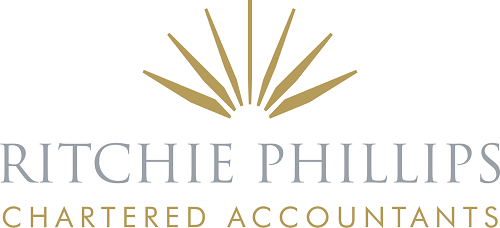HMRC COP9 Tax Investigations
Fraud Investigation Service is the merged specialist investigations and criminal investigations departments of HMRC. It is the section of HMRC dealing with the most serious cases of suspected tax fraud. Their involvement should never be under estimated.
If serious tax fraud is suspected by the Fraud Investigation Service, you may be subject to a Code of Practice 9 Tax Investigation with the offer of a Contractual Disclosure Facility (“CDF”) by HMRC. The CDF is important as it creates a contractual framework between HMRC and the taxpayer and sets out new rights and obligations on each party respectively. The key points are:
- Contract in writing between HMRC and the taxpayer, under which the taxpayer agrees to make full disclosure and provide continuing co-operation while matters are resolved, in return for which HMRC agree not to pursue a criminal investigation
- Time limit of 60 days in which to accept or reject (or indeed ignore) HMRC’s offer of CDF and, if accepted, to provide outline disclosure
- Meeting with the taxpayer, his or her professional adviser and HMRC at which it can be decided whether additional formal disclosure is required
This meeting usually results in the requirement for a comprehensive report into your financial and taxation affairs addressing the areas of concern of HMRC. The report has the effect of focussing HMRC onto the key issues and moving the investigation into the settlement of any undeclared tax with interest and penalties.
Tax investigations under Code of Practice 9, even where the Contractual Disclosure Framework applies, can be stressful, intrusive and prolonged. That is why it is essential to have a specialist team on your side, such as the team at Ritchie Phillips. Our experience of working with Fraud Investigation Service led tax investigations will help you complete the process as quickly and painlessly as possible so that you can move on with the rest of your life.
